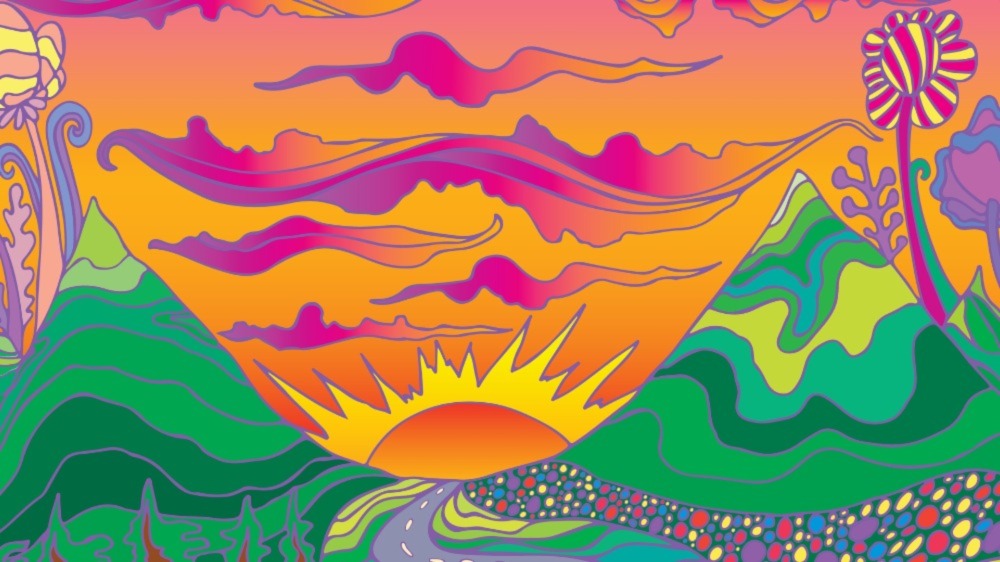
Check shows at: BirminghamCardiffGlasgowLeedsNottinghamOxfordOnline Stream
Join us for this eye-opening talk as we tap into the connection between psychedelics and human creativity.
Creativity is considered one of the most important and highly valued of human traits, and a fundamental aspect of the sciences. However it is a complex and multifaceted phenomenon which can make it challenging to comprehensively measure, or enhance.
Psychedelic states, dreams and hypnagogic states have all been associated with catalysing scientific insights on occasion, and they may share common features that make them amenable to insight generation and creativity enhancement. However the psychedelic state may have its own characteristic features that make it amenable to creativity enhancement. With psychedelics, context is important – what factors are important when considering using psychedelics as applied catalysts of scientific creativity, and why might this be important at this time?
This talk will explore a number of questions arising around psychedelics and creativity:
Dr David Luke is Associate Professor of Psychology at the University of Greenwich. His research focuses on transpersonal experiences, anomalous phenomena and altered states of consciousness, especially via psychedelics, having published more than 100 academic papers in this area, including ten books, most recently Otherworlds: Psychedelics and Exceptional Human Experience. When he is not running clinical drug trials with LSD, conducting DMT field experiments or observing apparent weather control with Mexican shamans he directs the Ecology, Cosmos and Consciousness salon and is a cofounder and director of Breaking Convention: International Conference on Psychedelic Consciousness.
Learn how psychedelics can increase our connection with the environment and in turn improve our mental health. With PhD ecologist Sam Gandy.
There appears to be a growing disconnection between humans and their natural environments which has been linked to poor mental health and environmental destruction. Nature connectedness, or relatedness, encompasses an awareness of being part of a larger interconnected web of life that makes up the natural world, and has been linked to well-being and happiness, in addition to pro-nature attitudes and behaviours.
A growing body of evidence shows that use of psychedelic substances is associated with catalysing positive shifts in people’s relationships with nature, and can evoke enduring increases in nature connectedness post-experience. How does this occur, and what are the potential implications of this at a time of growing mental health and ecological crises? What overlap is there between how psychedelics and contact with nature affect our mental state, and how can we maximise this synergy between nature and psychedelics to improve mental health?
Sam is a PhD ecologist and independent researcher. He has varied experience of working within the psychedelic field, including as a past scientific assistant to the director of the Beckley Foundation and as a research assistant with the Synthesis Institute. His work has also involved science communication, including a past role as a senior science writer for Wavepaths. A lifelong nature lover, he has a research interest in the capacity of psychedelics to influence human relationships with nature, and is a collaborator with the Centre for Psychedelic Research at Imperial College London. His main work focus is within the ecological field, working as Innovation Team Leader with environmental consultancy Ecosulis.